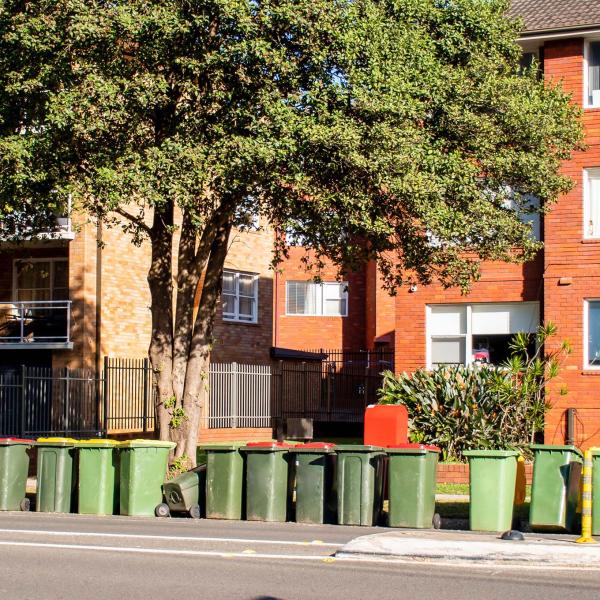It is common to analyse poverty data broken down by household or economic status. Implicitly, it is assumed that people change state (for example, single, married, children, no children) for exogenous reasons. If we bring economic behaviour into the problem, then such transitions become endogenous. The data are then insufficient to identify the claims made from them. The distribution of the characteristics of the individuals in the states will be endogenous, and the state average poverty rate will depend on the composition of the individuals in the state as well as on the economic impact of being in that state per se. In this paper, we set out a simple model with endogenous transitions to make our point, and apply this to Family Expenditure Survey data for Britain. We show that our argument has empirical content for Britain.
Authors

Simon Burgess

Matt Dickson

Carol Propper
Research Fellow Imperial College London
Carol is a Research Fellow at the IFS and a Professor of Economics in the Department of Management and Imperial College Business School, London.
Journal article details
- Publisher
- Blackwell Publishing
- ISSN
- Print: 0143-5671 Online: 1475-5890
- JEL
- D31, I32, J12
- Issue
- March 2006
Suggested citation
S, Burgess and M, Dickson and C, Propper. (2006). 'The analysis of poverty data with endogenous transitions' (2006)
More from IFS
Understand this issue

Council funding is a numbers game in which everybody is losing
comment
"Local government finance is a mess that has been years in the making, but good luck trying to solve it." Paul Johnson writes for the Times.
13 May 2024

Empty defence spending promises are a shot in the dark
comment
"The government’s announcement was misleading and opaque and does nobody any favours." Paul Johnson writes for the Times.
29 April 2024

Public investment: what you need to know
explainer
Everything you wanted to know about UK public investment but were too afraid to ask – including analysis of Labour and Conservative plans.
25 April 2024
Policy analysis

NHS spending has risen less quickly than was planned at the last election, despite the pandemic and record waiting lists
press release
Despite a pandemic, record waiting lists and growing rates of ill health, real-terms health spending has risen less quickly than was planned.
14 May 2024

The past and future of UK health spending
report
How has health spending changed over the past seven decades? How does the UK compare to other countries? What is the outlook for health spending?
14 May 2024

Recent trends in and the outlook for health-related benefits
report
Recipients of and spending on health-related benefits have risen rapidly since the start of the pandemic, posing a serious challenge for policymakers.
19 April 2024
Academic research
The employment and distributional impacts of nationwide minimum wage changes
journal article
We assess the impact of the change in the UK’s minimum wage between 2016 and 2019 on wages, earnings, employment and household incomes.
10 April 2024

Willingness to pay for improved public education and public healthcare systems: the role of income mobility prospects
journal article
These findings are based on more than 19,000 observations from the third round of the Life in Transition Survey.
14 March 2024

Unfunded mandates and taxation
journal article
In 2006, the Chinese central government increased civil servant salaries and pensions and used either unfunded and funded mandates in different areas.
14 March 2024